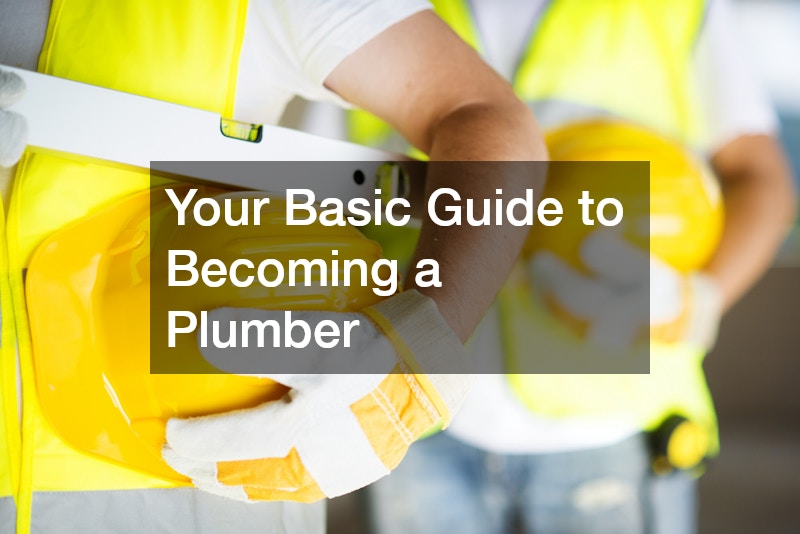Becoming a plumber involves much more than fixing leaky faucets and unclogging drains. A skilled plumber is responsible for installing and maintaining systems used for potable water, sewage, and drainage in plumbing systems. This profession requires a strong understanding of building codes, safety regulations, and technical expertise to solve a broad array of plumbing issues efficiently.
Education and Certification Requirements

Pursuing a career as a plumber often begins by enrolling in vocational training or attending a technical school. These programs typically cover topics such as pipe system design, safety practices, and tool usage. Once foundational knowledge is established, individuals can progress to an apprenticeship to gain practical, on-the-job experience.
Building a Successful Plumbing Career

Like many trades, becoming a successful plumber involves continuous learning and adapting to new technologies and methods. Networking with other industry professionals can provide valuable insights and opportunities for career growth. Aspiring plumbers should also seek out additional certifications in specialized areas, such as green plumbing or steamfitting, to enhance their skill set and marketability.
Embracing technology, such as plumbing software and mobile apps, can streamline operations and improve customer service. Plumbers who leverage these tools can offer more efficient and cost-effective solutions to their clients. As the plumbing industry continues to evolve, professional development and specialization will remain key components of a prosperous plumbing career.

